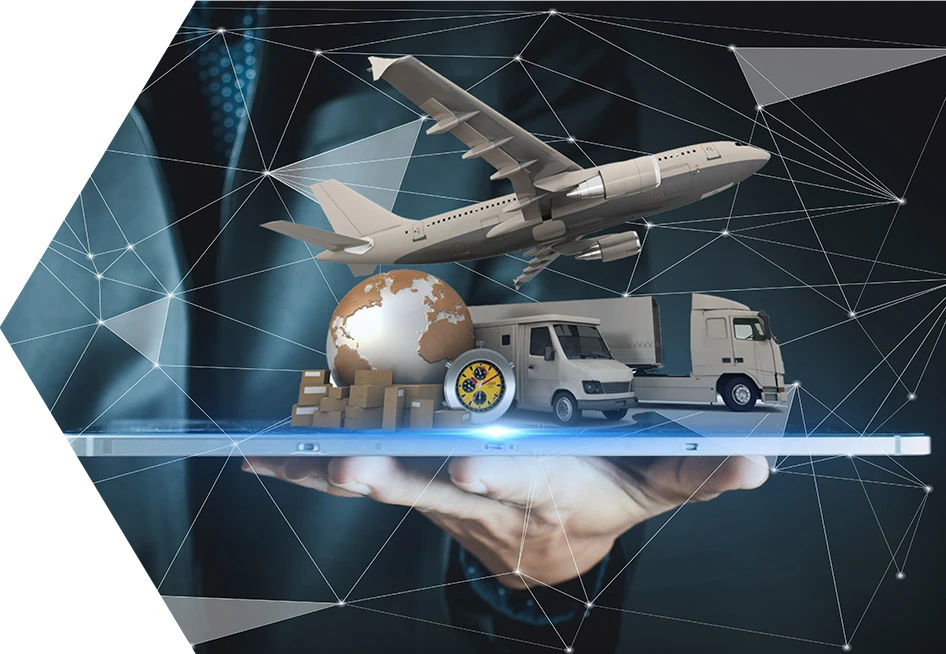As businesses continue to expand globally, importing goods has become an increasingly popular way to source products from foreign suppliers. If you want to import goods, it’s important to know how it works, what the rules are, and what you need to do. This guide will tell you everything you need to know about importing goods, from researching and choosing your product to shipping and logistics.
What Is an Import?
When a product or item from another country is brought into a country to sell or distribute, this is called an import. Importing goods legally means following the rules and laws of the country where the goods are coming from.
Researching and Selecting Your Product
Before you import goods, you need to know who your target market is and do research on possible goods to import. This means figuring out how much demand there is for the product and making sure it meets the needs of your customers. Here are some things you can do to learn about your product and choose it:
Identify your target market: Find out about your customers’ age, gender, and where they live.
Find out about possible products to import: Use tools for market research to figure out what your customers want.
Think about how much people want the product: Look at the data to see how much demand there is for the product and how much competition there is on the market.
Regulations and Laws
When you import goods, you have to follow rules and laws, such as customs clearance procedures, duties, and taxes. If you don’t follow these rules, you could get fined a lot or even be taken to court. Here are some rules and laws that you need to know about:
- Import quotas: A country may put a limit on how much of a certain good can be brought in.
- Tariffs:Tariffs are taxes put on goods that come from other countries. They are meant to protect domestic industries from competition from other countries.
- Bill of entry: A bill of entry is a document that is needed to get goods through customs and out of the country.
- IEC code: To import or export goods, you need a unique 10-digit number called a “Import Export Code.”
- Customs duty: A tax that is put on goods that are brought into a country. It is based on the value of the item and the duty rate.
Finding Suppliers and Negotiating with Them
Importing works best when you find the right supplier. It’s important to find suppliers who can offer high-quality products at prices that are competitive. Here are some tips for finding and talking with suppliers:
Research possible suppliers: Use online platforms to find possible suppliers and judge their reputation and credibility.
Talk about prices and terms: Once you’ve found possible suppliers, you can talk to them about prices, payment terms, and delivery times.
Check out the provider: Check the supplier’s skills, certifications, and track record before making any promises.
Shipping and Logistics
Once you’ve found the right supplier and agreed on terms, the next step is to ship your products. Shipping and logistics can be complicated, so it’s important to work with a reliable freight forwarder or logistics company. Here are some important things to think about when it comes to shipping and logistics:
- Mode of transport: Choose the best mode of transport, whether it’s air freight, sea freight, or road transport.
- Packaging and labels: Make sure your products are packaged and labeled according to the rules and laws of the country that will be importing them.
- Border protection: Make sure you have all the paperwork you need and that your products meet the requirements for border protection.
- Clearing customs: Work with a reputable customs broker to make sure your goods go through customs without any problems.
What Are the Requirements for Import?
To legally bring goods into the country, you need to do things like get an IEC code, sign up for VAT, and follow customs rules. Here are some of the rules you need to know about:
- IEC code: As we’ve already said, an Import Export Code is a unique 10-digit number that is needed to bring goods into or out of a country.
- VAT registration: If you import goods from another country, you may need to register for Value-Added Tax (VAT) in the country where the goods are going.
- Customs compliance: You have to follow the rules about customs, which means getting the right licenses, permits, and certificates.
What Are the Charges for Importing?
When you import goods, you have to pay fees like tariffs, customs duties, and taxes. Here are some of the costs you should know about:
Tariffs are taxes put on goods that come from other countries. They are meant to protect domestic industries from competition from other countries.
Customs duties are taxes that are put on goods that are brought into a country. These taxes are based on the price of the item and the duty rate.
Taxes: Other taxes, like VAT or sales tax, could be added.
Cost of Imported Products
The price of an imported item, the cost of shipping, and import duties are all things that affect the price. Some of the things that affect how much imported goods cost are:
The price of a product is set by the company that makes it.
Shipping costs are how much it costs to get the goods from the supplier to the country where they will be sold.
Import duties are taxes that are put on goods that are brought in from other countries. These taxes vary depending on the type of good and the country that brings it in.
Conclusion
Importing goods can be a good way for businesses to make money if they want to grow and get products from other countries. But it’s important to know the process, rules, and requirements so you don’t get in trouble with the law or lose money. By following the steps in this guide, you can successfully import goods and grow your business while minimizing risks and costs. Work with a reliable freight forwarder or logistics company like Hamrahdezh to make sure the process of importing goes smoothly and without problems.




